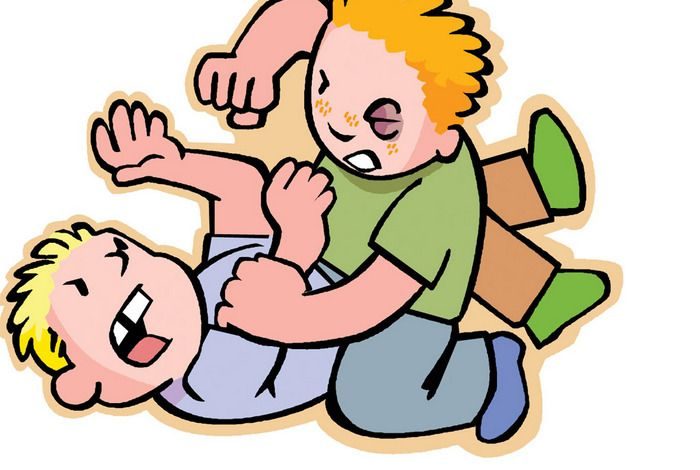Controlling Your Anger


By Mariam Mokhtar
Anger is an emotion which we all feel from time to time. The person who drives into your parking spot, just as you are carefully reversing your car into position. The woman who grabs the last slice of cake, from the dessert trolley. The teenager who refuses to tell you where he is going and worries you by returning late.
Anger may affect our health, our relationships, work and behaviour. Some people suppress anger easily, others become enraged. We feel anger when we are tired, or have been insulted. Others become angry because they are sexually frustrated, are drunk, under the influence of drugs or hungry. If you are one of those who know you cannot control your anger and have hurt people or regretted the consequences of your anger, in the past, perhaps you should consider seeking professional help.
Alternatively, here are some tricks you could adopt, to deal with simple cases of anger. It is easy to lash out and hurt others, by what you say or how you speak. It is easier said than done, but perhaps, it is judicious to walk away, or even think before you speak. This would also give the person you are angry with, the opportunity to do the same. Sometimes, the tension in a worsening situation can be lowered by staying calm. As soon as the initial thrust of the anger has subsided, try and tell the other person what made you feel anxious or tense but it is important to speak calmly, so that the other person is not provoked, again.
A friend works out her anger by going to the gym, and claims that the intense physical activity drives out the stress and anger. If you do not have access to a gym, a brisk walk, run or other physical activity may be sufficient. Other people find that yoga or meditative activity helps. A few people claim that gardening or cooking, is enough to make them forget their anger. There are also people who absorb themselves in their favourite music to forget their feelings of anger. It is important to have enough rest during the day, to prepare oneself mentally and physically for any eventuality. Children benefit greatly from short rests throughout the day. This reduces irritation and prevents them from having outbursts.
There are some things one should not do, when one is angry. One should not drive, because angry drivers take more risks and are a danger to themselves, and other road users. People who are angry should not take alcohol or eat. The alcohol gives them a false sense of calm and people who eat or drink, to comfort themselves, may do long term damage to their health. People who feel anger should not send emails or nasty texts, but write down their frustrations, and think about what they have written, the next day. By then, they may have calmed down and be glad they did not send the text.
Once we have told everyone what made us angry, on Facebook or other social media sites, there is no way of retracting what we said. Humour is another good way of diffusing tension, although sarcasm may make things worse. Holding a grudge will only make us feel worse. Some people may find it easier to forgive, others won’t but it is better to allow the pent-up frustrations and negative energy to disperse. It is only by learning how to let go of our rage, that we can move forwards. When all else fails, try and talk to a friend and calm down by offloading your angst. Otherwise, it may be judicious to seek professional help before you harm yourself or others.


